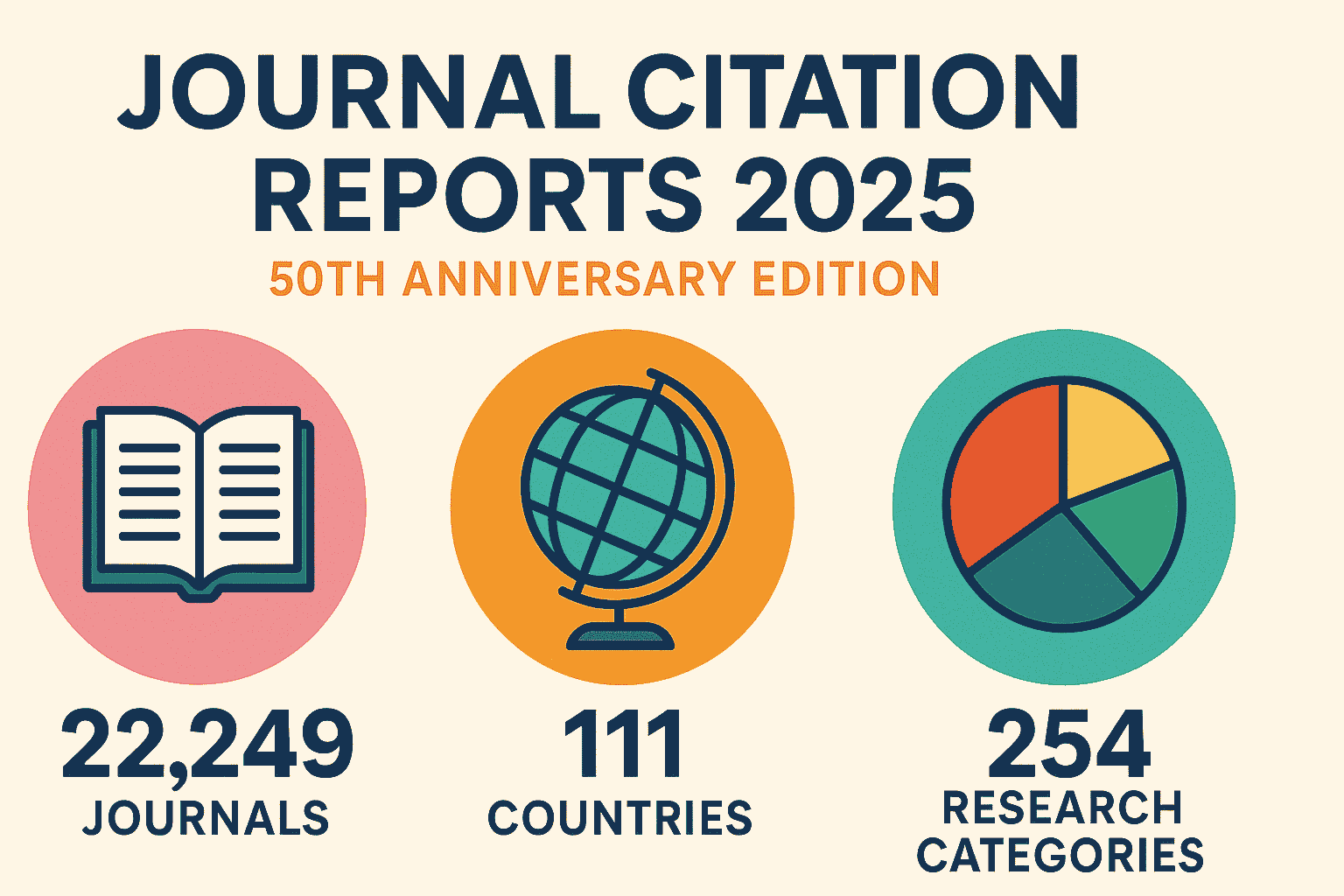Blood cultures, a laboratory test for detecting the presence of bacteria in samples of a patient’s blood, are widely used by acute care hospitals to find infections as early as possible, identify their cause Read More
Tags :StudyScience
For the first time, a study maps safe areas that can practically be used for underground carbon storage, and estimates that using them all would only cut warming by 0.7°C. The result is almost ten Read More
In the waters of the Salish Sea, endangered southern resident killer whales and the struggling Chinook salmon they depend on are at the center of one of Canada’s most visible conservation conflicts. Summary The Read More
Scientists found AMORE6, a galaxy almost free of heavy elements. Its existence strongly supports key predictions of the Big Bang model. Our knowledge of the Universe begins with the Big Bang, the moment when cosmic Read More
If your hand lotion is a bit runnier than usual coming out of the bottle, it might have something to do with the goop’s “mechanical memory.” Summary Some hand lotions exhibit “mechanical memory,” meaning Read More
Ancient rocks reveal continent-breaking forces and critical mineral origins –
Rare rocks buried deep beneath central Australia have revealed the origins of one of the world’s most promising new deposits of niobium—a metal vital for producing high-strength steel and clean energy technologies—and Read More
How human conflict accelerates antimicrobial resistance – New Study/Science Updates
Human conflict, from minor disruptions to the all-too frequent escalation of war, stretches people and the environment to its limits. At the same time, microorganisms create an equally devastating—but largely invisible—scene. Summary Human Read More
Here we glow: New organic liquid provides efficient phosphorescence –
The nostalgic “glow-in-the-dark” stars that twinkle on the ceilings of childhood bedrooms operate on a phenomenon called phosphorescence. Here, a material absorbs energy and later releases it in the form of light. However, recent demand Read More
Warning: Common Food Ingredients, Including Caffeine, Weaken Antibiotics – New
Caffeine and other common substances can influence bacterial defenses, reducing the effectiveness of some antibiotics. Compounds found in our daily diets, including caffeine, can influence how bacteria respond to antibiotics. This conclusion comes from a Read More
New research from the University of St Andrews has proposed that particles in solar flares are 6.5 times hotter than previously thought. The research provides an unexpected solution to a 50-year-old mystery about our nearest star. Read More







